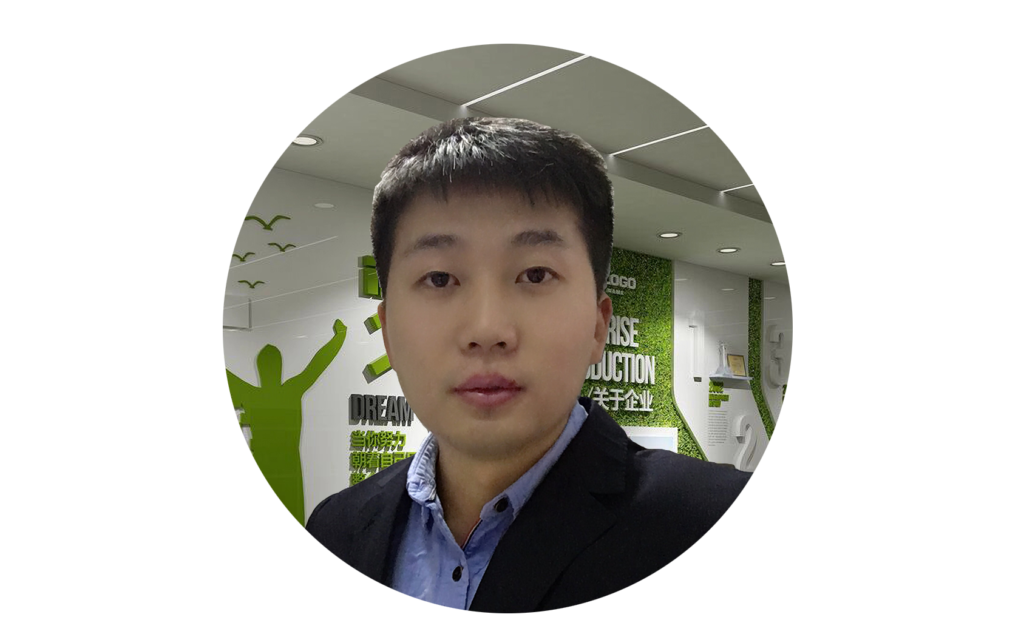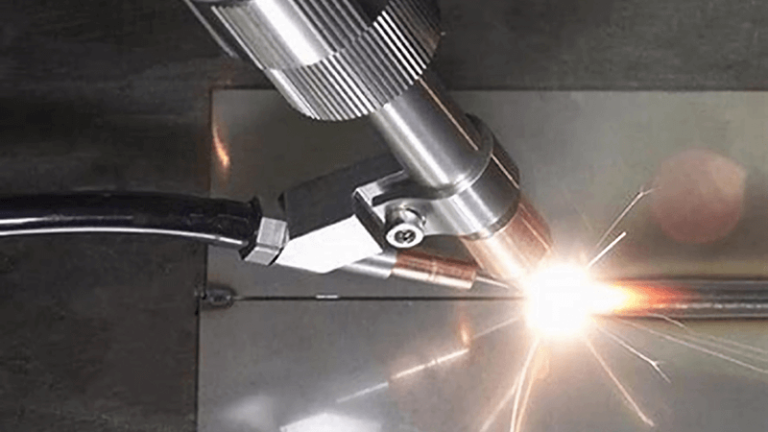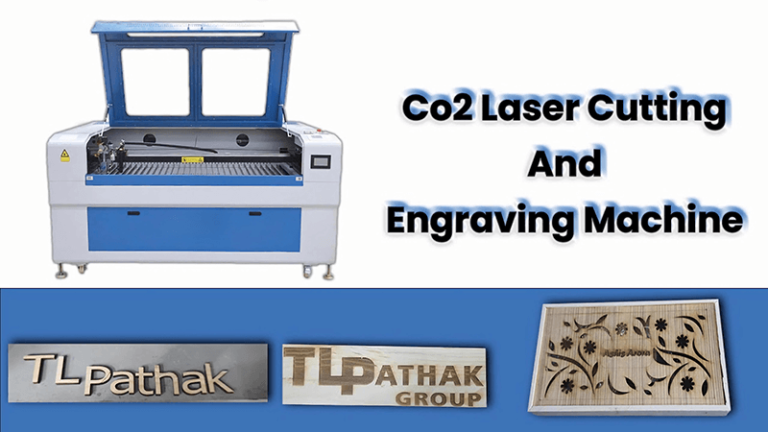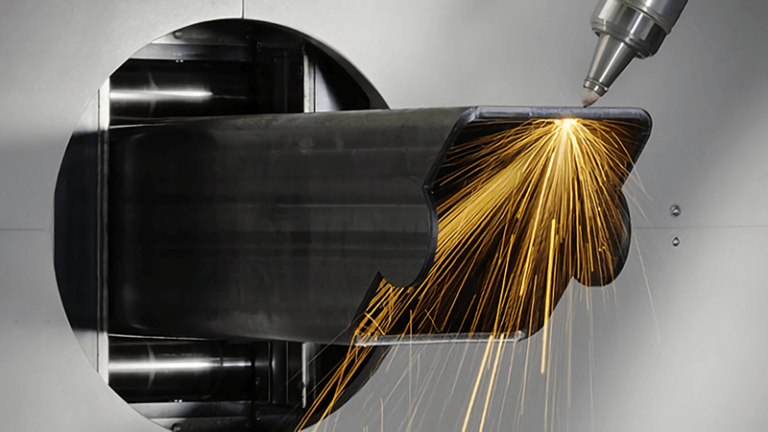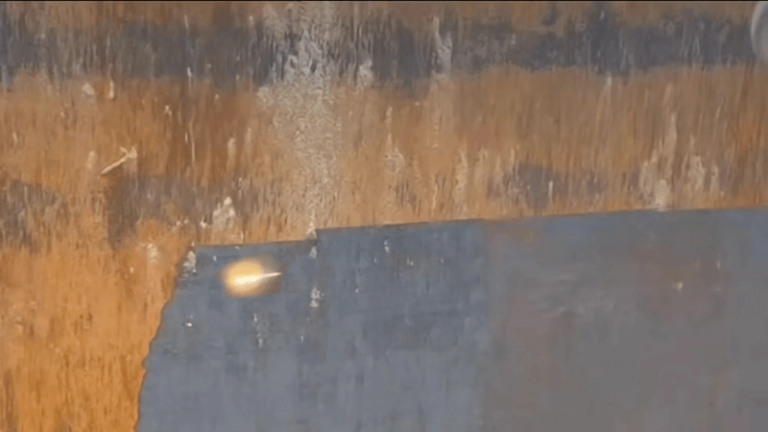Rust buildup slows down production. It ruins welds. It weakens paint adhesion. And worst of all, it wastes time and money. If you’re in fabrication or manufacturing, you’ve faced this problem. I’ve seen it firsthand—again and again.
The best way to remove rust before painting or welding is by using a pulsed laser cleaning machine. It’s faster, cleaner, and more precise than traditional methods like sandblasting or chemical treatment.
Most shops still rely on outdated rust removal techniques that are messy, inconsistent, and damaging to the surface. But laser cleaning changes everything. Here's how.
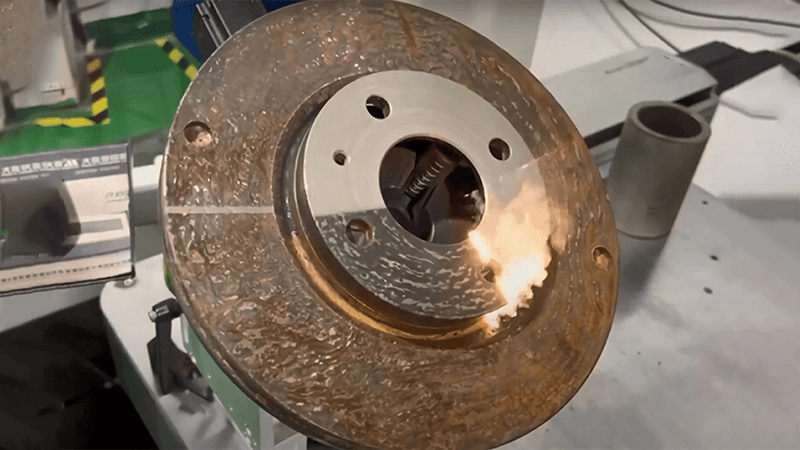
How to remove rust before welding?
Rust before welding isn't just a cosmetic issue. It directly affects weld strength, causes porosity, and leads to rework. Many shops use grinding or solvents—but those bring new problems like heat distortion or chemical residues.
The best method to remove rust before welding is using pulsed laser cleaning. It’s a non-contact, dry process that doesn’t distort metal or leave residue, ensuring a clean, weld-ready surface.
Why pulsed laser cleaning is a game changer
No more heat marks
Manual grinding generates heat. That heat leaves oxidation marks or even micro-cracks. Pulsed laser cleaning avoids this. It works by delivering short, high-energy bursts of light that instantly vaporize contaminants without heating the metal underneath.
| Method | Heat Distortion | Residue | Surface Damage | Speed | Automation Ready |
|---|---|---|---|---|---|
| Grinding | Yes | No | Yes | Medium | No |
| Chemicals | No | Yes | No | Slow | No |
| Sandblasting | No | No | Yes | Medium | No |
| Pulsed Laser1 | No | No | No | Fast | Yes |
Real case: TIG welding clean-up nightmare
One of my fabrication clients worked on large steel frames. Every week, rust slowed down TIG welding2. Grinding left marks and even damaged thinner brackets. We brought in a Kirin Laser pulsed laser cleaner. Within days, prep time dropped by 50%. Weld seams got cleaner. No rework, no warping.
Seam quality matters
Poor prep leads to weld porosity and poor penetration. Laser cleaning ensures only clean base metal reaches the arc—no oxide, no oil, no rust. The difference in quality is obvious.
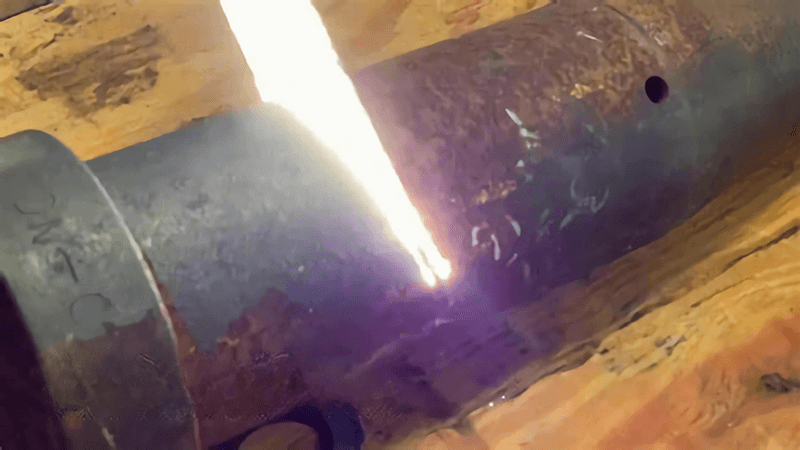
How to remove rust from metal prior to painting?
Painting over rust is a waste. Even if it looks fine at first, it peels later. That’s why paint shops spend hours prepping surfaces. Sanding, chemical dipping, priming—all time-consuming steps. But there’s a better way.
To remove rust before painting, pulsed laser cleaning offers the fastest and cleanest surface prep with no solvents, no abrasives, and no contact.
Why laser prep works better than traditional methods
Surface purity improves adhesion
Laser cleaning3 doesn’t just remove rust. It also clears off oxides and oils that mess with primer bonding. When the substrate is clean, paint sticks better. No more flaking or delamination down the road.
No grit = no mess
Sandblasting gets rid of rust, sure. But it leaves grit everywhere. That grit contaminates the next step—whether it's paint, primer, or powder coating. Pulsed laser cleaning leaves zero residue.
Case story: Paint shop overhaul
One of our clients switched from chemical prep to a Kirin Laser pulsed cleaner. The biggest change? Time. Surface prep time dropped by over 40%. And their primer adhesion4 tests showed a 25% increase in pull strength. It was cleaner, faster, and required no PPE for fumes or acids.
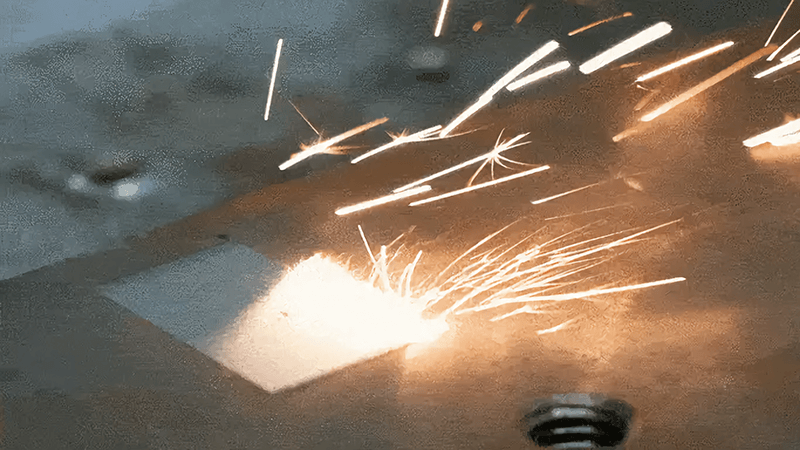
What is the fastest way to remove rust and paint from metal?
You need speed, but not at the cost of quality. A slow method that’s safe doesn’t cut it in high-output environments. Shops want something fast, reliable, and easy to control.
The fastest and safest way to remove both rust and paint from metal is using a pulsed fiber laser cleaner. It strips away contaminants with precision in seconds.
Time is money. Laser saves both.
One step, multiple jobs
Pulsed laser cleaning removes rust, oxides, old paint, grease, and even light scaling—all in one pass. You don’t need separate stations or tool changes.
Controlled and repeatable
You can fine-tune the laser’s pulse frequency and energy depending on your material—aluminum, steel, coated metals. That means you clean the surface without damaging it, even with layered contamination.
Comparison: laser vs other methods
| Task | Sandblasting | Chemical Dip | Pulsed Laser5 |
|---|---|---|---|
| Rust removal | Yes | Yes | Yes |
| Paint removal | Partial | Yes | Yes |
| Time per m² (approx) | 8–10 min | 15–20 min | 3–5 min |
| Waste generated | High | Liquid waste | None |
| Safe for thin metal | No | Yes | Yes |
Example from our distributor
A U.S. shop that reconditions steel car frames was using chemical dips to remove paint and rust. But it took hours and required tanks and wastewater treatment. After they switched to a Kirin Laser pulsed machine6, they processed 2x more frames daily. The rust and paint were gone in minutes—dry, clean, and safe.

What is the best rust treatment before painting?
Rust “treatment” often means covering it up—either with primer or chemical passivators. But the best way to deal with rust is to fully remove it, not treat it. Anything else is a shortcut.
The best rust treatment before painting is complete rust removal using pulsed laser cleaning, which creates a pure, active surface ready for primer bonding.
Paint only sticks to what it touches
Primer doesn’t fix rust
Even the best primer won’t bond well to rust. Rust is porous. It keeps moisture inside. Over time, it eats through the coating from underneath. That’s why clean metal matters more than any primer formula.
Laser cleaning activates the surface
Laser cleaning not only removes rust but also exposes a fresh metal surface. That increases surface energy—making it ideal for primers, coatings, and powder adhesion.
Cost comparison
Here’s what most shops spend per month:
| Process | Consumables ($/month) | Prep Time (hrs/week) | Waste Disposal |
|---|---|---|---|
| Chemical rust removal7 | $2,000+ | 25+ | Liquid waste |
| Sandblasting | $1,500+ | 20 | Grit disposal |
| Pulsed Laser Cleaning | ~$0 (after purchase) | 8 | None |
My personal take
I’ve worked with clients who tried everything—grinding, dipping, spraying rust converters. It always led to rework. When they invested in pulsed laser cleaning8, their coatings lasted longer, and they spent less time fixing peeling paint or flash rust.

Conclusion
Pulsed laser cleaning machines9 are the future of rust removal. Whether you're welding or painting, clean metal is the key to better results. Traditional methods are slow, messy, and inconsistent. But a pulsed laser from Kirin Laser gives you a fast, clean, dry, and precise way to prep metal—no damage, no consumables, no mess. For any shop serious about speed and quality, it’s more than a tool. It’s an upgrade.
-
Explore the advantages of pulsed laser cleaning to understand how it can enhance your metalworking processes and improve quality. ↩
-
Discover effective techniques to enhance TIG welding quality, ensuring better results and reducing rework in your projects. ↩
-
Explore how laser cleaning enhances surface preparation, ensuring better adhesion and cleaner results without the mess. ↩
-
Learn about the importance of primer adhesion in painting processes and how it impacts the longevity and quality of finishes. ↩
-
Explore the advantages of Pulsed Laser cleaning technology to understand its efficiency and effectiveness in various applications. ↩
-
Discover how Kirin Laser machines enhance efficiency and safety in metal cleaning, offering a faster, eco-friendly alternative to traditional methods. ↩
-
Discover various rust removal techniques to understand which method works best for your needs and ensures long-lasting results. ↩
-
Explore the advantages of pulsed laser cleaning, which can save time and costs while ensuring better adhesion for coatings. ↩
-
Find the best laser cleaning machine and laser cleaning solutions from Kirin Laser, clicking this link to get all your needs. ↩

